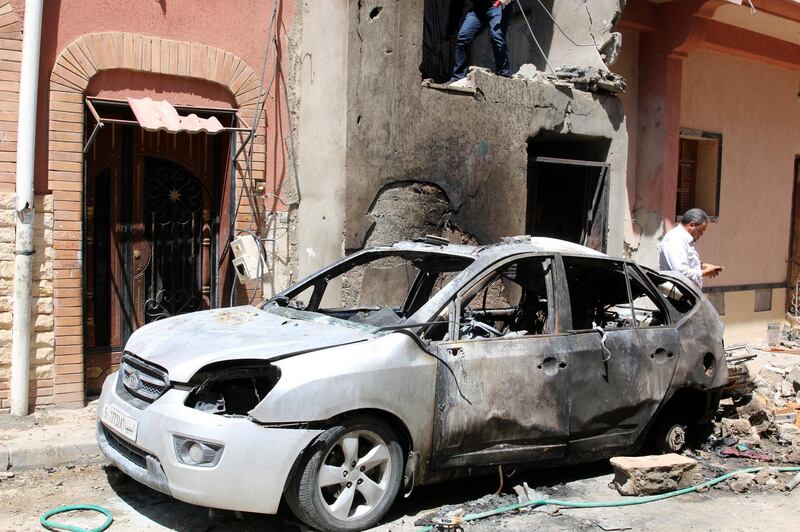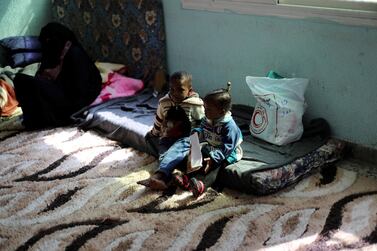The UN Security Council was on Wednesday divided about how to address the crisis in Libya after more negotiations on a draft resolution demanding a ceasefire in Tripoli failed to reach agreement.
Germany, which holds the council presidency, called for an urgent meeting after the heaviest fighting since Field Marshal Khalifa Haftar launched an offensive to seize Tripoli two weeks ago.
The council was due to meet on Thursday to hear a briefing on the situation and consult on the way to go ahead, according to a note sent by German diplomats.
The UN said at least 174 people have been killed and more than 25,000 displaced since Field Marshal Haftar ordered his force to march on Tripoli on April 4.
"Tripoli witnessed the heaviest fighting since the outbreak of clashes, with indiscriminate rocket fire on a high-density neighbourhood," UN spokesman Stephane Dujarric said.
"In the past 24 hours, we've also seen the highest single-day increase in displacement, with more than 4,500 people."
Britain has put forward a draft resolution calling for an immediate truce but Russia expressed concerns over language criticising Field Marshal Haftar's offensive as a threat to Libya's stability.
A slightly watered-down version was put forward by Britain on Wednesday but the three African countries on the council – Equatorial Guinea, Ivory Coast and South Africa – blocked it.
Russia said the proposed measure, even after it was amended, was "still far away from accommodating our concerns", Russian diplomats said in a note.






